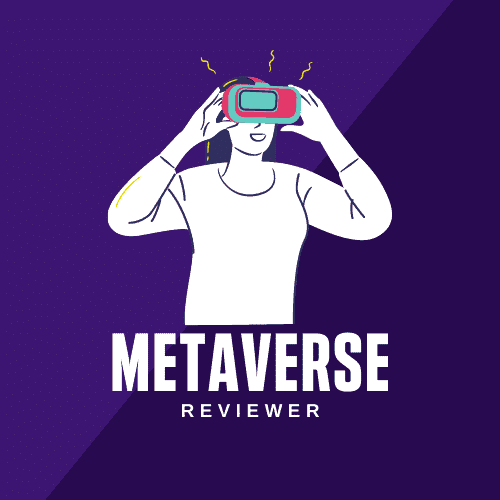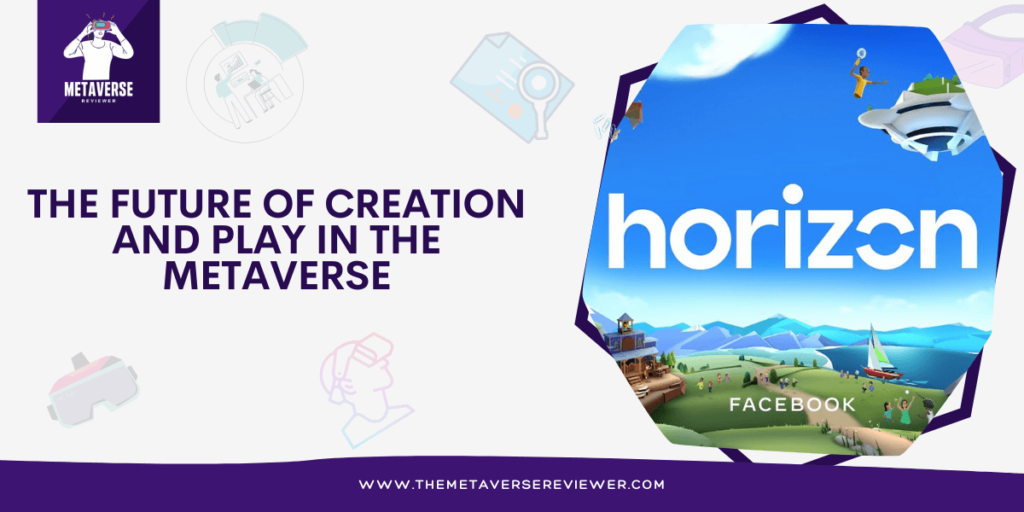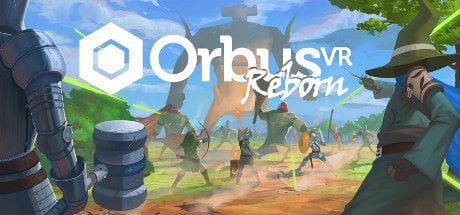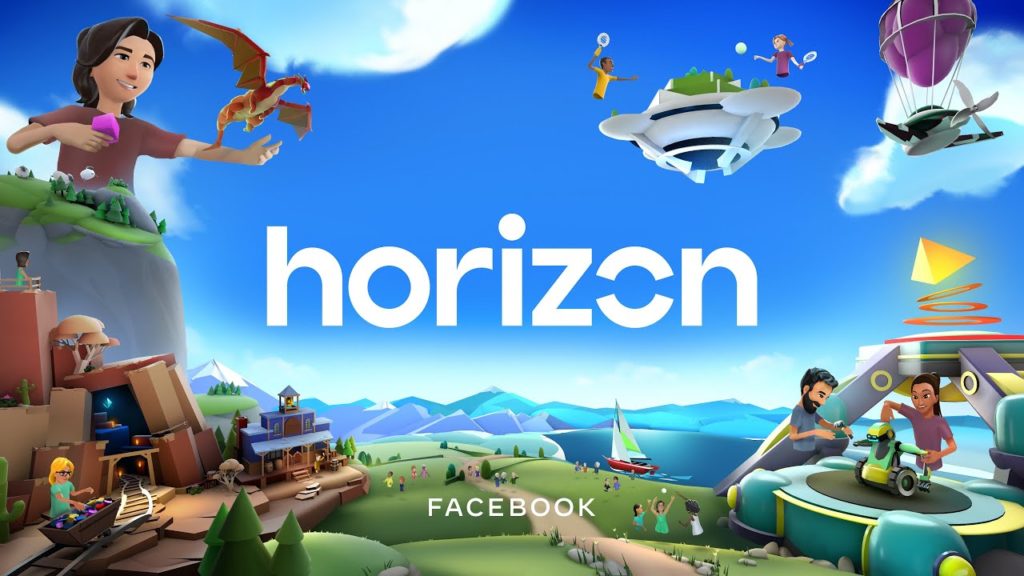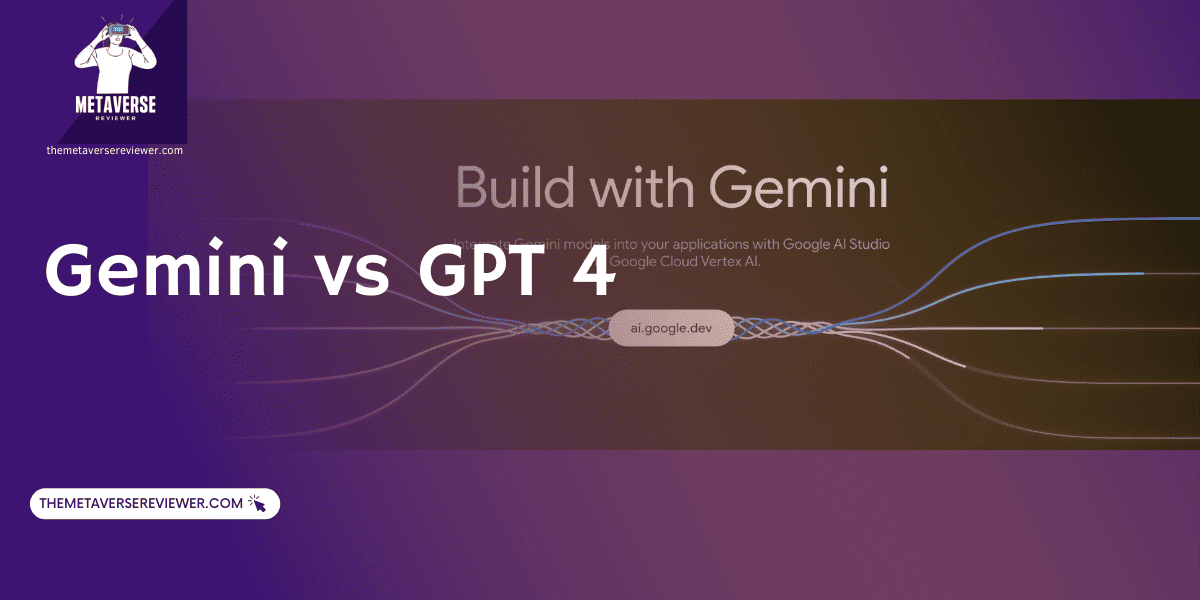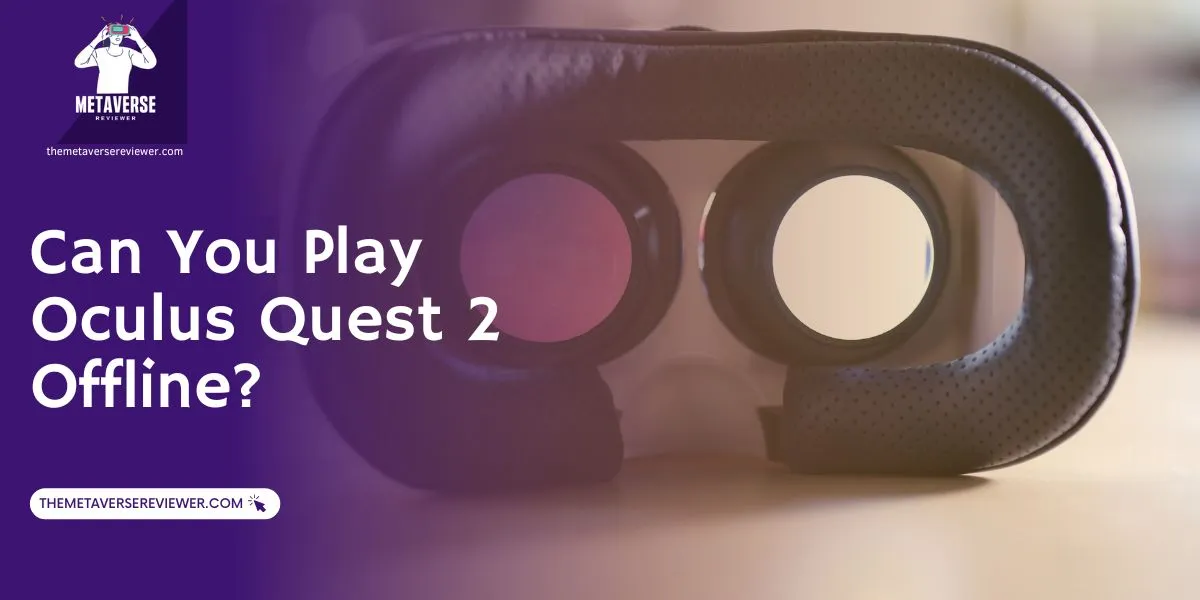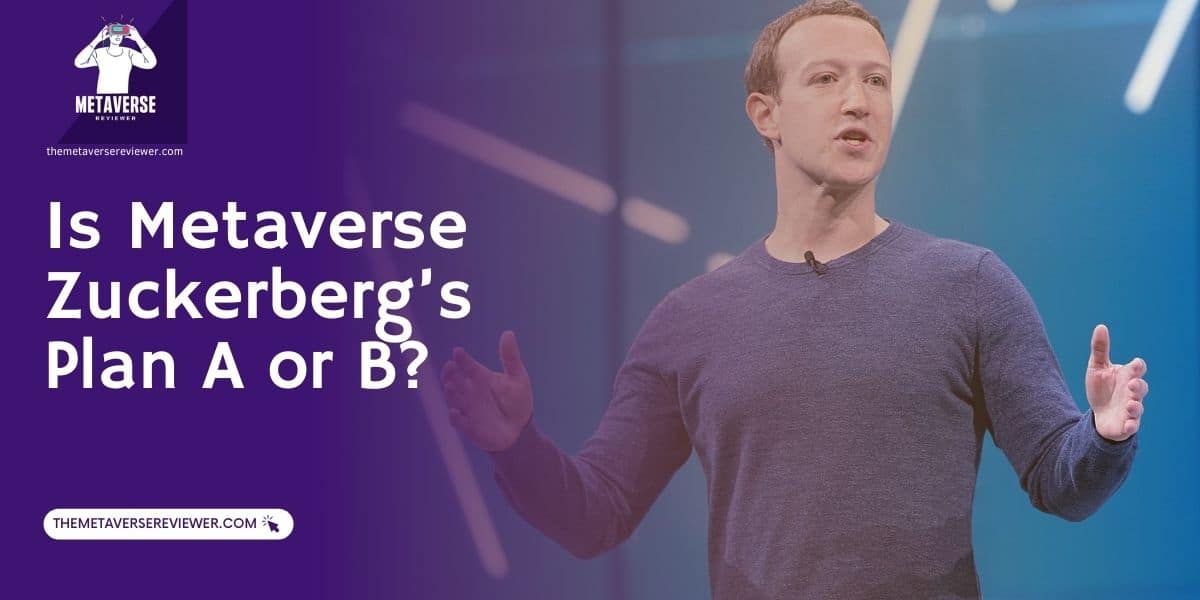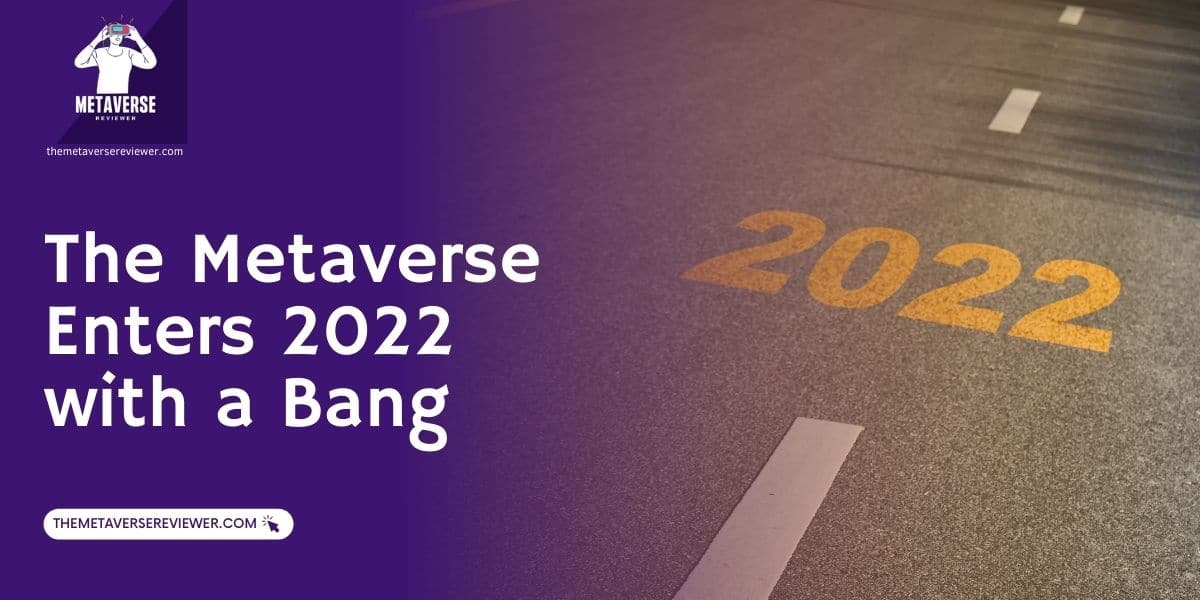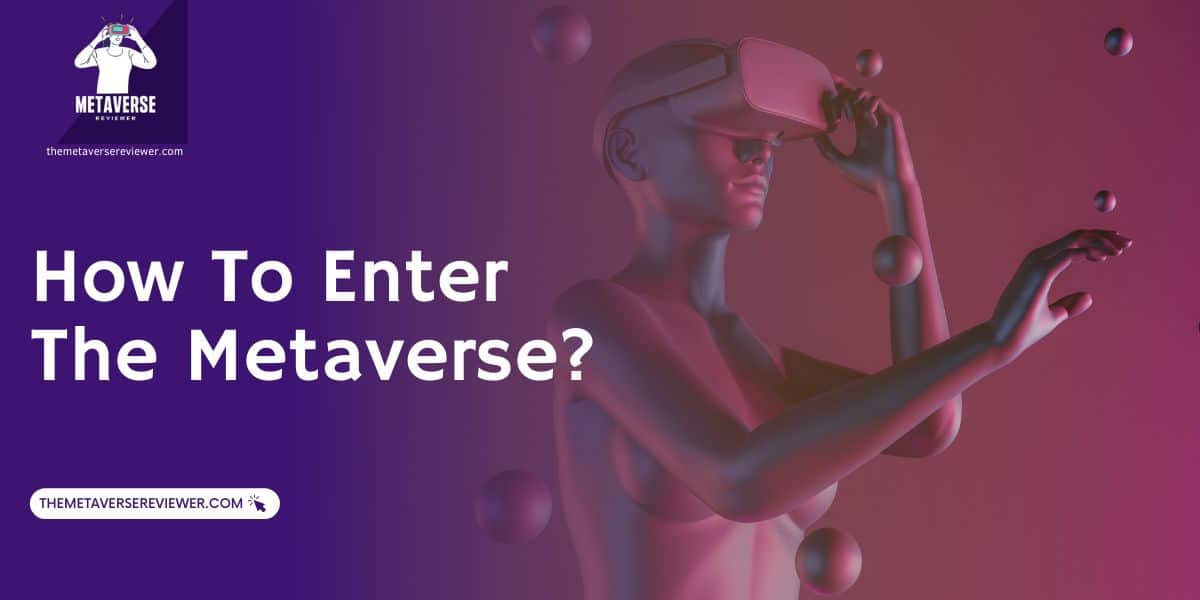For the past decade, we’ve been living in a virtual world, a makeshift metaverse of sorts boosted by global interconnectedness. The coronavirus pandemic, if anything, has underscored the need, or rather, the desire for a more comprehensive and inclusive digital space that goes beyond what the internet as we know it has to offer.
Notice, I committed a journalistic oversight in talking about metaverses without actually explaining what a metaverse is.
The whole idea behind the metaverse is still subject to different interpretations. But, if you’re all about eSports, Minecraft, MMORPGs, Skyrim and similar open-world games, and exploration of virtual worlds, then you’ll find the concept of the metaverse right up your alley.
What is the Metaverse?
Metaverse is a coin name generated from the words, ‘meta’ – a prefix that loosely translates to ‘after,’ ‘beyond,’ or ‘transcending’ and ‘verse’ – a shorthand for universe.
In that sense, a metaverse can be seen as a transcendent universe, or a universe within a universe, or even an alternate universe existing in present time. It is an intangible space for creation, gaming, interaction, and communication between people with shared interests on a global scale.
The metaverse is like a melting pot of already-familiar concepts and incorporates two main internet elements: augmented reality (AR), and virtual reality (VR). Think, World of Warcraft (or any MMORPG for that matter), or Inception on steroids, but without the plot twist. Like World of Warcraft, in the metaverse, individuals are represented by avatars – virtual manifestations of their actual selves. Only, unlike WoW or other open-world games, there are virtually no boundaries in the metaverse as to who you can talk to, interact or play with, or what you can do for that matter.
In plain terms, the metaverse is the essence of our actual reality translated into an enhanced digital space with a set of rules and laws that may or may not correspond to our own. And, that’s just barely scratching the surface in trying to explain what a metaverse is and how it works.
It is still an idea in its infancy – a digital playpen for tech leaders that is quickly becoming a playground with vast swathes of still-unexplored space.
Expanding the Metaverse: Gaming, Creation, and Beyond
The metaverse, in itself, is like witnessing a digital Big Bang. Like the hypothesized first moments after the Big Bang, the metaverse contains a few basic elements and like our own universe, it is fast expanding and continually evolving. Because it borrows so much from online gaming worlds, particularly the cyberpunk genre, it’s no wonder that many associate the metaverse with gaming. We’ll take Epic Games as an example.
The noted video game developer is among the first companies of its kind to take significant strides toward creating a metaverse. Earlier this year, Epic Games announced a joint $1 billion project with Sony Group Corporation, along with other investors and developers – all to realize their ‘long-term vision for the metaverse.’ These companies have a big knowledge of virtual reality programming
Mega-popular games like Fortnite, Rocket League, and Minecraft are likely among the first games to transition to the metaverse realm, considering they already have the foundation: large clientele, immersive platforms, and tools that allow players to contribute to further game creation. The extent to which players and developers can create within a given metaverse is still a subject of discussion.
It’s worth pointing out there is not a single, one-size-fits-all metaverse scheme and the concept goes far beyond gaming. The metaverse is like a piece of clay that every tech developer can shape and mold according to their and their clients’ needs. For instance, Ariana Grande’s recent tour within the Fortnite universe was a clear example of a virtual concert combining a mixture of interactive games. During the show, involved participants rode huge rainbow waves, battled giant monsters, and traversed fantasy settings that kept the real feel of the event very much, well, realistic.
It’s a place where you can let your imagination run wild.
Who is Leading the Change?
The idea of the metaverse can be traced back to the early 1990s, but it wasn’t until 2008 that Google’s virtual online environment – Google Lively – served us with the first glimpse of what a metaverse can be – and do.
Google’s high-performance mobile gaming platform (2019) was a further example of the possibilities of interactive, cloud-based space for gaming.
Epic Games is surely among the frontrunners to become one of the first companies to develop a custom metaverse, fast-tracking their vision with an ambitious $1 billion investment. Then, there are the tech juggernauts like Facebook and Microsoft.
In 2019, Facebook started beta testing for its Facebook Horizon – an online VR game world with in-built tools for game creation. In 2021, Facebook CEO Mark Zuckerberg announced his plans to make a full-blown Facebook metaverse. Microsoft, on the other hand, introduced Microsoft Mash this year – a type of software that blends elements of actual and virtual reality using smart glasses like HoloLens 2.
With the metaverse boom on the horizon, it would be no surprise to see Apple Inc. and other tech giants dipping their toes in these uncharted waters.
- Gemini vs. GPT4 – Which One to Use? - December 17, 2023
- Can You Play Oculus Quest 2 Offline Without Wifi - November 10, 2023
- VR Sickness – What You Need to Know - September 17, 2023
